Using Slang While Speaking
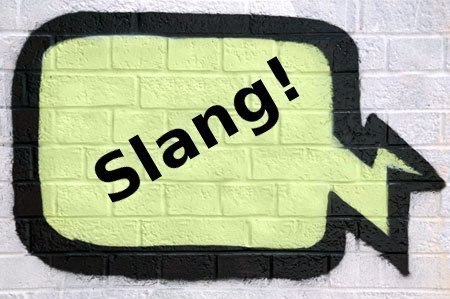
Сленг, или самые распространённые разговорные выражения
Итак, начнем с самых распространенных слов, которые можно часто услышать в разговорной речи — wanna, gonna, gotta, shoulda, woulda, coulda, gotcha, kinda, sorta, y’all.
Все эти слова принято считать американизмами, однако они распространены и за пределами США и поняты практически всем англоговорящим.
- Wanna = want to:
I wanna stay here for a couple of days. — Я хочу задержаться здесь на пару дней.
- Gonna = going to:
I gonna study tonight. — Я собираюсь позаниматься вечером.
- Gotta = have got to или have to. Например:
Gotta go! — Мне пора!
- Shoulda = should have done.
- Woulda = would have done.
- Coulda = could have done.
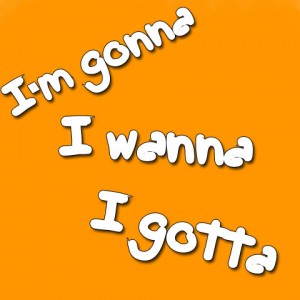
Напомню, что конструкция should have done используется в ситуации, когда мы хотим сказать о том, что следовало бы сделать что-то в прошлом, но мы это по каким-то причинам не сделали. С помощью should have done мы выражаем сожаление или высказываем критику:
I should have told him the truth right away. — Надо было ему сразу же рассказать правду.
You should have asked me before taking my car. — Нужно было спросить меня, прежде чем брать мою машину.
Мы используем would have done, когда говорим о нереальной или гипотетической ситуации в прошлом:
I think she would have said “yes” that evening, but I didn’t have a chance to speak to her. — Я думаю, она сказала бы «да» тем вечером, но мне не предоставилось возможности с ней поговорить.
Мы используем could have done, чтобы высказывать предположения о прошлом или высказывать критику, говоря о том, что кто-то мог бы сделать что-либо в прошлом, но он этого не сделал:
You could have warned me in advance! — Вы могли бы меня предупредить заранее!
He could have left earlier — Он мог уйти раньше. (Возможно, он ушёл раньше.)
Букет таких сожалений о прошлом собран в припеве знаменитой песни Беверли Найт “Shoulda Woulda Coulda”:
Now «Shoulda woulda coulda,» means I’m out of time
Coz «Shoulda woulda coulda», can’t change your mind
And I wonder, wonder, wonder what I’m gonna do
«Shoulda woulda coulda» are the last words of a fool

Надо отметить, что shoulda, woulda и coulda очень часто встречаются в современных популярных песнях, особенно когда речь идёт о романтических отношениях, в которых всё могло бы быть по-другому.
Давайте теперь вернемся к оставшимся из упомянутых выше выражений.
- Gotcha = got you — разговорное «понял тебя».
- Y’all = you all:
He’s got a big surprise for y’all. — У него есть большой сюрприз для всех вас.
- Kinda = kind of:
He’s kinda busy. — Он вроде как занят.
- Sorta = sort of.
Sorta, как и kinda, употребляется в разговорной речи в значении похоже, наподобие, нечто вроде. По стилистической окраске такие выражения ближе к нашим нечто вроде или даже что-то типа. Эти слова часто используются говорящими, чтобы объяснить что-то, указывая на некоторую неточность или трудность в подборе слов. Так, например, довольно трудно описать словами запах, поэтому в отзывах о парфюмерии слово kinda можно встретить довольно часто. “It’s kinda light but at the same time it’s got a deep, spicy base,” — говорится в одном из рекламных описаний аромата Coco Mademoiselle.
Люди также часто вставляют в свою речь kinda, когда используют затруднения при описании эмоций.
Говоря о сленге и разговорной речи, отдельно стоит упомянуть отрицание ain’t. Оно обычно употребляется вместо am not, are not, а также do not, does not, did not.
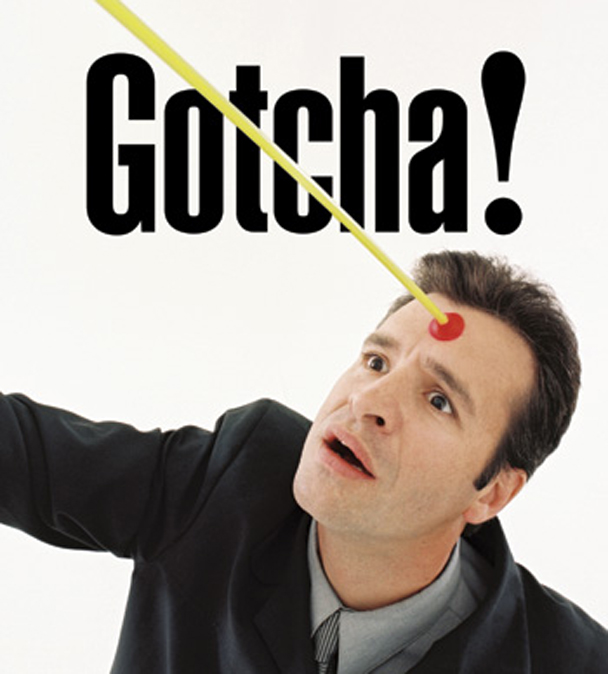
Никогда не стоит использовать такие выражения:
- в официальных письмах, анкетах, резюме, деловой переписке;
- в переписке с малознакомыми людьми по е-мейл и скайп;
- при общении на форумах, посвящённым серьёзным вопросам, например, изучению чего-либо.
Превосходной ареной для использования подобных разговорных выражений может быть роман, статья, рассказ, повесть, художественное описание, где целью автора является максимально естественно и живо передать общение персонажей, подчеркнуть именно разговорный, непринуждённый стиль. Так герои всемирно известной писательницы Дж. К. Роулинг на протяжении всех книг говорят dunno вместо don’t know. Думаю, внимательный читатель найдёт у Роулинг и других знаменитых писателей ещё немало таких примеров.
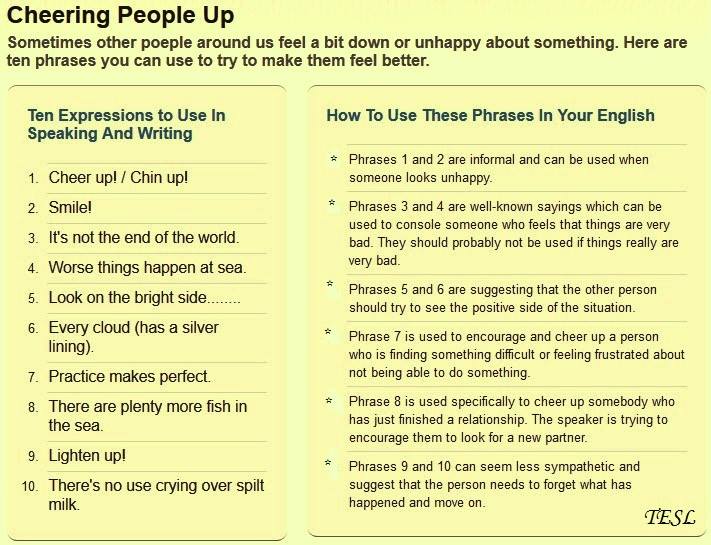
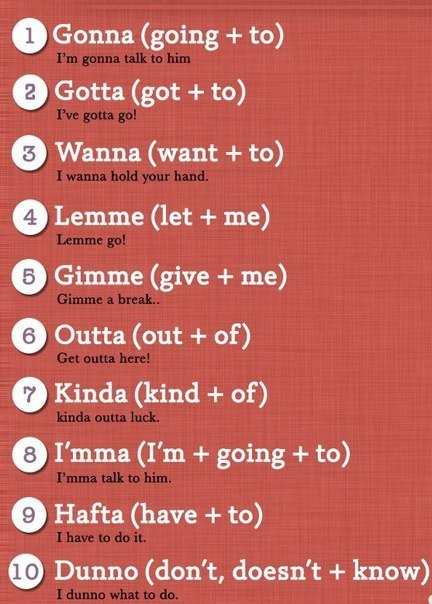
Read the quote and guess what the slang means.
Definition
1. Definition - Study the definition.
far from where most people live; far away from a city
2. Use - Learn how the slang is used.
Where are you right now? In your home? At school? Because you are using the Internet, you are probably somewhere with other people nearby. But there are many places in the world that are much quieter. Places with no Internet, no cars, and very few people. These places are called the middle of nowhere.
The middle of nowhere describes places on Earth that seem very far away from other people and technology. Do you like camping? If you do, you wouldn’t want to camp right next to your house. You would want to be in the middle of nowhere. Or, if you live in a small town, you might think it is in the middle of nowhere because you would rather live in a big city like New York.
Singer Lorde says that her home country, New Zealand, is in in the middle of nowhere. Even though New Zealand is a big country, it is very far away from the rest of the world. Since Lorde’s favorite music comes from other parts of the world, she thinks New Zealand is in the middle of nowhere.
When is the last time you were in the middle of nowhere? Where were you?
Examples
"My college was in the middle of nowhere. There was no city within 100 miles.”
“We went camping in the middle of nowhere. The stars were amazing.”
“I grew up in the middle of nowhere, so I had to come live in the city.”

